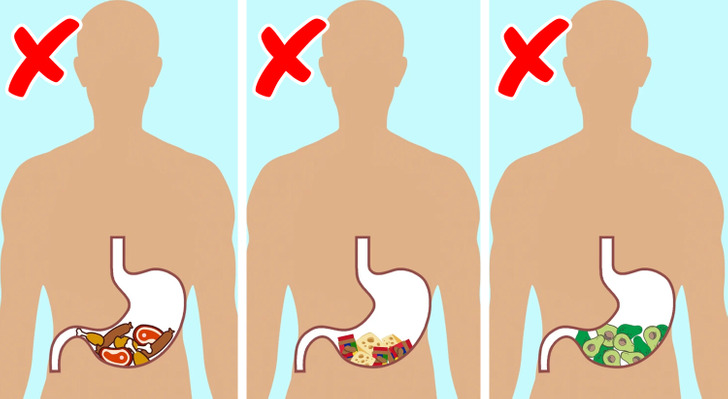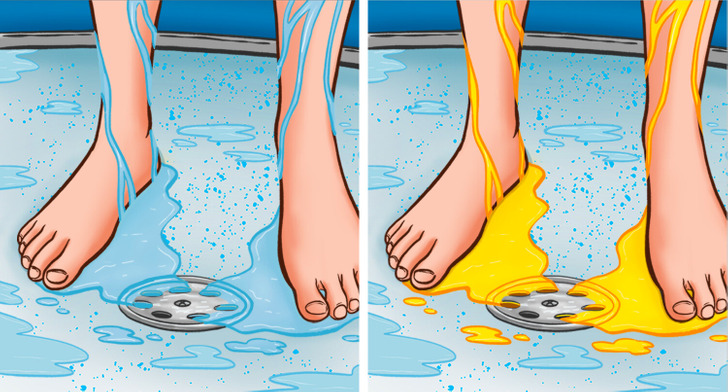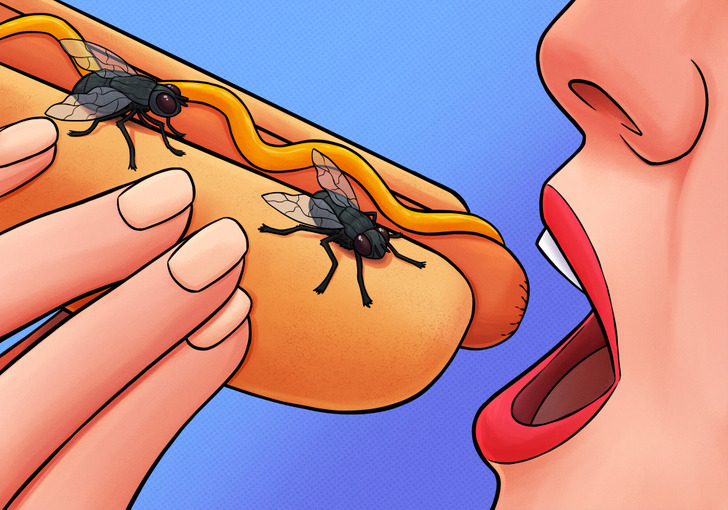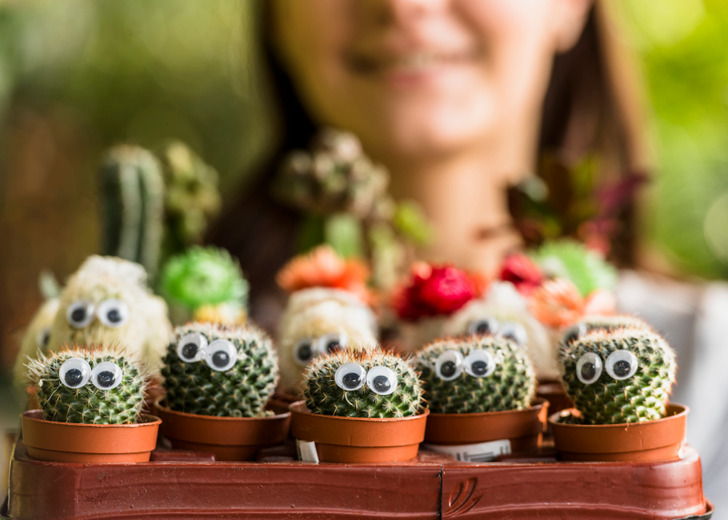The health of our planet depends on the choices we make every day. Research suggests that small lifestyle changes can significantly impact environmental conservation. Below are some simple and effective actions that can help create a greener and more sustainable world.
1. Sleeping Without Clothes Can Be Beneficial

Many people may not realize that sleeping without clothes can have environmental benefits. This practice reduces the need to frequently wash nightwear, conserving water and reducing energy consumption. Additionally, it helps regulate body temperature naturally, leading to reduced reliance on heating and cooling appliances. Less laundry means lower electricity bills and fewer chemical detergents polluting water bodies.
2. Reducing Meat Consumption Helps the Environment

The meat industry is one of the leading contributors to greenhouse gas emissions. Raising livestock requires vast amounts of land, water, and food resources. Cutting down on meat consumption, even slightly, can help reduce carbon emissions and deforestation. Opting for plant-based meals a few times a week can promote environmental sustainability while also benefiting personal health.
3. Peeing in the Shower Saves Water

Water conservation is essential for maintaining the planet’s resources. Peeing in the shower eliminates the need to flush toilets multiple times a day, reducing overall water consumption. A single flush can use several liters of water, and by making this simple change, individuals can contribute to saving thousands of liters annually. It is an easy and practical step toward water conservation.
4. Utilizing Menstruation Water for Plants

An unconventional but effective way to contribute to environmental sustainability is by using menstruation water for plants. Some individuals choose to dilute and repurpose menstrual cup water as a natural fertilizer due to its nutrient content. This practice minimizes waste and reduces reliance on chemical fertilizers, promoting healthier soil and plant growth.
5. Consuming Edible Insects as a Protein Source

Edible insects are a sustainable and nutritious alternative to traditional protein sources. They require significantly fewer resources to produce than livestock and generate minimal greenhouse gases. Many cultures worldwide already incorporate insects into their diets, and their consumption is gradually gaining acceptance in more regions. Switching to insect-based proteins can help reduce the demand for resource-intensive meat production.
6. Growing Native Plants Supports Local Ecosystems

Planting native species in gardens and green spaces helps preserve biodiversity and reduces the need for excessive water and fertilizers. Native plants are adapted to the local climate, requiring minimal maintenance while providing essential habitats for pollinators and wildlife. They also help prevent soil erosion and improve air quality, making them a sustainable choice for landscaping.
Final Words
Taking small steps towards sustainability can collectively lead to significant environmental improvements. By making mindful choices, such as reducing meat consumption, conserving water, and supporting native plant growth, individuals can contribute to a healthier planet. These practices not only benefit the environment but also promote personal well-being. Every effort counts, and adopting even a few of these habits can make a lasting difference in preserving natural resources for future generations.


